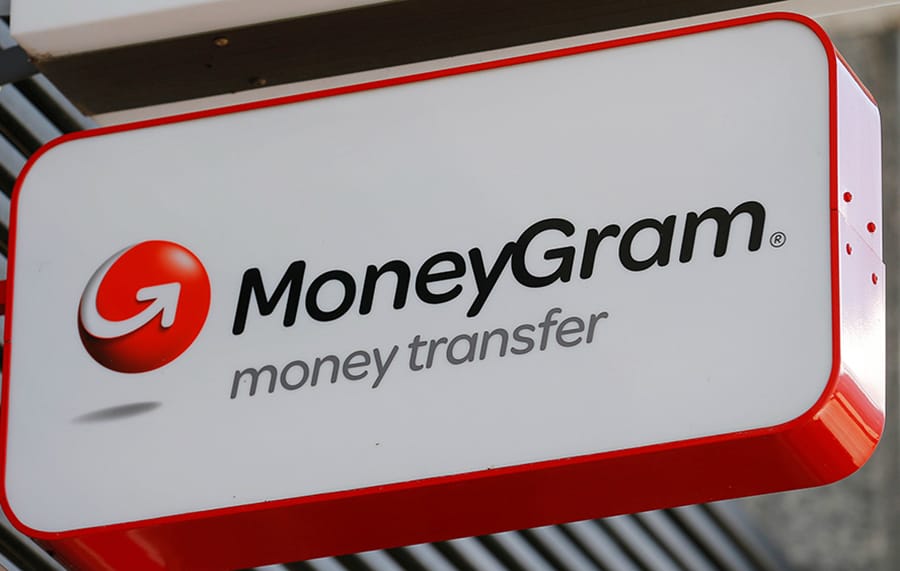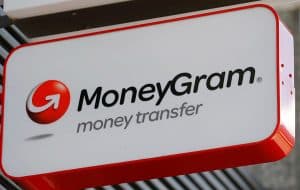Join Our Telegram channel to stay up to date on breaking news coverage
Earlier this week, MoneyGram published its earnings report for Q3 2020. In it, the NASDAQ-listed firm explained that it got a $9.3 million payment from Ripple across the quarter, although the figure reduced to $8.9 million after accounting for trading and transaction expenses.
Reduced “Commission” Payments
As MoneyGram explained, the fees represented “market development fees,” as opposed to revenues. The firm highlighted that it gets payment on transactions processed using Ripples On-Demand Liquidity (ODL) tool. It’s worth noting that the fees for Q3 were $5.8 million less than what Ripple paid MoneyGram in Q2.
This suggests that there has been a drop in ODL-supported transactions from the payment processor. The development leads to some concern over XRP, Ripple’s in-house cryptocurrency, and the underpinning medium for ODL.
Many have pointed out this year that XRP has been failing as both an investment vehicle and a tool for making payments, although the MoneyGram application has always been the one bright stop. If it seems that MoneyGram isn’t transacting with XRP as much as it used to, then the asset’s efficiency and viability will be in question once more.
Trouble in Paradise?
A reduced transaction volume in XRP could also put the very nature of this deal at stake. MoneyGram has made several moves in 2020 alone, with most of them not particularly involving the blockchain firm or its tools. In February, the payment processor launched FastSend, a service that allows customers to send money in real-time to phone numbers through a mobile app or dedicated website. Considering that remittances are where Ripple reportedly shines, it was a surprise that MoneyGram decided to skip its investor and use VISA’s payment technology to power the new tool.
Speaking with Cointelegraph, Kamila Chytil, MoneyGram Chief Operating Officer, explained that FastSend uses Visa’s Direct Original Credit Transaction to deliver transactions. She added that you don’t necessarily need blockchain to drive real-time settlements, and that MoneyGram already has a division that relies on Ripple’s ODL.
In the payment processor’s earnings call for Q1 2020, company chief executive Alexander Holmes also claimed that they had seen a “quiet quarter” as far as their partnership with Ripple was concerned. Holmes explained that the partners didn’t particularly push anything new into the market, and that they had done most of that in the previous quarter.
There hasn’t been any report of friction between the two partners. Also, their deal stands until 2023. Whether the companies will continue to work together remains to be seen for now.
Join Our Telegram channel to stay up to date on breaking news coverage


